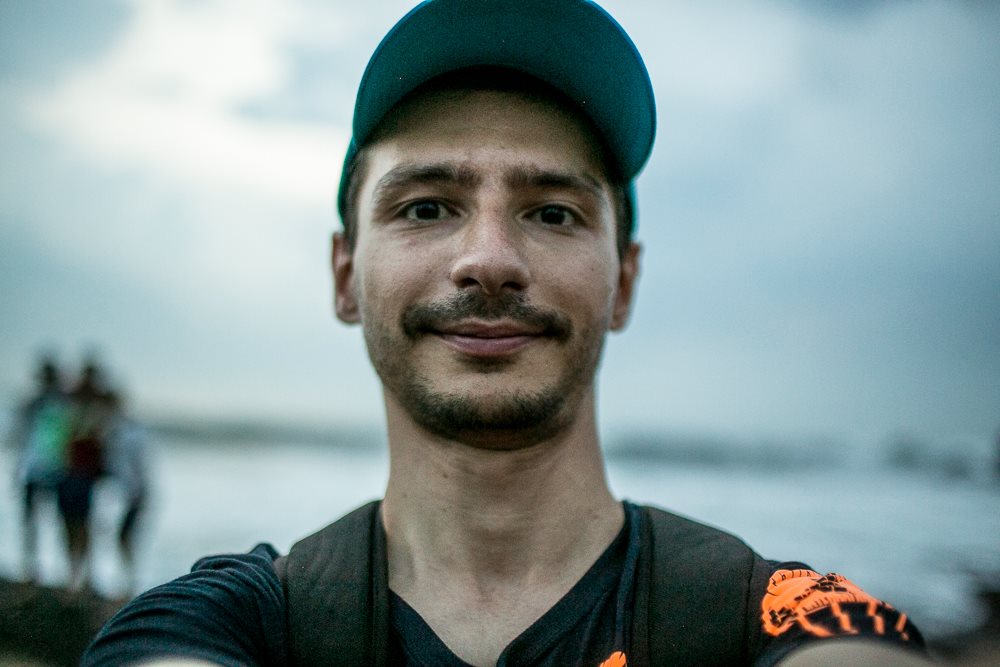Tenko Nikolov has been successfully managing and overseeing the development of SiteGround, one of the largest independent website hosting companies worldwide, founded in 2004. Joining the company at its very beginning, he started as a Support Team member. He then became VP of Technology, and soon after that, he was appointed as CEO. His vision and leadership skills helped establish SiteGround as one of the most technologically-advanced and reliable privately-owned hosting companies. As CEO of SiteGround, Tenko is actively involved in the company’s business success but was also a critical factor in establishing it as a people-centric workplace, paying particular attention to employee well-being.
What is your business, and what do you do?
SiteGround is the largest independently-owned and operated website hosting company worldwide, hosting over 2.6 Million domain names of website owners, small businesses, and online stores. We are one of the only three hosting providers, and the only European-based one, to be officially recommended by WordPress.org. This open-source software powers 39% of all websites on the Internet.
What sparked your vision to launch your business?
Even though I did not start the company myself, I joined just a few months after being founded in 2004. What struck me most about the team then was how enthusiastic and dedicated everyone was. The founding team was a group of friends from university who had the idea to start their own business while still studying at the university dorms. Sixteen years later, the core team that started it all then is still around. Still, the whole company is nearly 700 people in 4 different offices and a couple more countries. The motivation to start the business was to build a product and service that we would like to use ourselves and do so in a workplace where people feel like they belong and work with friends. This is still our main driving force today – simple enough, but hard to achieve.
What has been your favorite failure, and what did you learn?
I generally tend not to look at failure as such, just because every mistake is a lesson. If I regret something, it’s usually the things we didn’t end up doing. Still, everything we’ve done, even if it was unsuccessful, has proven to be a valuable experience ultimately. So, I can’t say I have a favorite failure.
What was your most memorable day of your career, and why?
In the case of SiteGround, where I’ve been for the past 16 years, we were building an airplane while flying. Because when we started, there was no startup ecosystem or a handbook on how to run a web business, and everyone was doing everything. In the beginning, I was doing tech support, and one of our chief marketing people today was also doing customer service on chat. She also was writing copy for our website. So it’s tough to pick one moment out.
I’d probably mention the most recent one that comes to mind, which is our virtual End-of-year event that we live-streamed in December. It’s our SiteGround tradition to end every year with a presentation hosted by our co-founder and me. We try to give an overview of what we have accomplished through the year and what comes next.
Besides doing it remotely with limited staff from a TV studio under rigorous health and safety measures, I was also expecting my third child that same day. For over three hours, I could not look at my phone to check whether we have news or not and had to focus on the live stream.
How do you continue to learn so you stay ahead in your industry?
I do my best to surround myself with people smarter than me. That keeps me always trying to improve and learn new things and do so with allies, making progress much more manageable.
How do you manage stress from running a successful business?
I try to unplug whenever I can and to set and respect my boundaries. When you’re managing a business of this kind, it’s easy to slip into a non-stop work mode. Especially this year, when COVID-19 required us to switch to work from home entirely. But a few years ago, I found that I was much more productive when I set my time and priorities straight and have dedicated downtime. I try to turn off work communication at a particular hour every day, play tennis regularly, and spend time with my family. I also recently became very interested in tea and the whole ritual around preparing and drinking tea. So that is a new distraction that helps me stay sane amid it all.
What is some bad advice you hear in your industry or with entrepreneurship that people should avoid?
I am terrible at following advice myself because, at SiteGround, we are used to doing things our way. We usually do the opposite of what anyone tells us. I am generally not a big fan of giving or following advice. Just because something worked for someone else, it does not mean you have to follow it blindly. It’s good to know, but only to help your judgment and instinct.
Where can readers find you on social media?
I try not to spend much time on social media. I have a personal challenge running for a second year, in which I’m trying to read 100 books every year. So you would probably find me on my couch reading something more often than on social media, but, still, I am @tnikolov on Twitter and LinkedIn.


